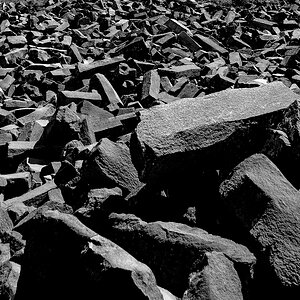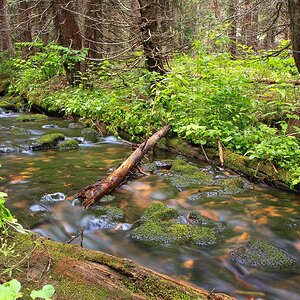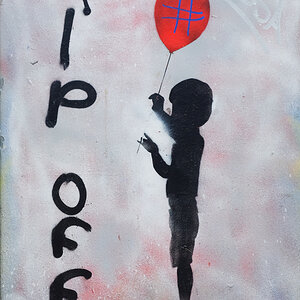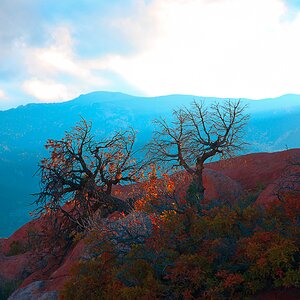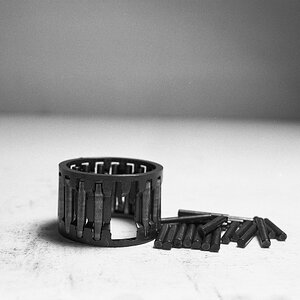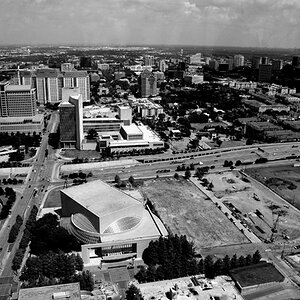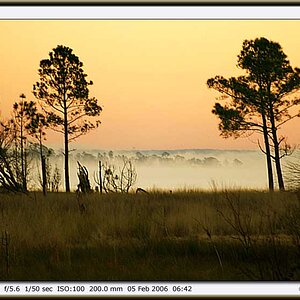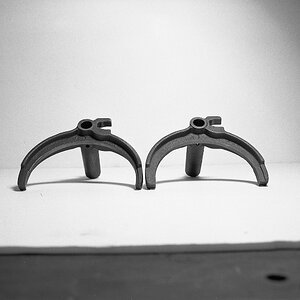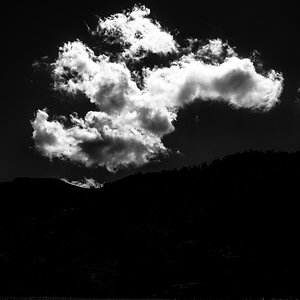PaulWog
No longer a newbie, moving up!
- Joined
- Jun 17, 2013
- Messages
- 1,153
- Reaction score
- 188
- Location
- Canada
- Can others edit my Photos
- Photos NOT OK to edit
I picked up a $60 UV lens protector (67mm Hoya UV coated) when I originally picked up my 16-85mm VR Nikon lens ($700). If I shopped around online rather than locally, I am sure I could've saved $100 on the lens at the time of purchase, and probably $20 on the lens protector: But let's put that aside (since I know on these forums little details are often addressed that sidetrack the heck out of a thread! hahaha).
Well, my $60 lens filter which was supposed to be top-quality ended up getting a nasty scratch on it. It was UV coated, so even the slightest brushing against anything (even the lens cap) resulted in a smudge across the filter. Basically, if I took my camera out with the lens filter on the lens, it was inevitable for smudging to occur at some point. This basically means that on vacations, going out shooting for a day, etc, almost always resulted in me taking the lens filter off at some point. Lots of dust on the Hoya lens filter? It would smudge if I used a lens brush to get it off. The UV coating was a nightmare. I would bring a lens pen with me: No good. UV coating is a nightmare and is almost impossible to fix once it's brushed up against. And dust sticks to it a little more easily too.
So anyway, the filter got scratched just within 6 months of purchase. But that definitely wasn't worth it! It got scratched *BECAUSE* I had to take it off while I was out, and in the bag somehow it scratched up against something (I don't even know!). The scratch is pretty bad, and so I can't use the lens filter anymore at all...
Now... I received an 85mm 1.8G as a present and I received a slightly cheaper non-UV coated lens filter alongside it. This lens protector/filter appears not to degrade any picture quality after testing, and yet I have no smudging issues at all.
End of the day: Is it really worth going for the "top top end" clear filters for protection? Is UV coating junk? I'm completely confused about clear lens filters to be honest...
Well, my $60 lens filter which was supposed to be top-quality ended up getting a nasty scratch on it. It was UV coated, so even the slightest brushing against anything (even the lens cap) resulted in a smudge across the filter. Basically, if I took my camera out with the lens filter on the lens, it was inevitable for smudging to occur at some point. This basically means that on vacations, going out shooting for a day, etc, almost always resulted in me taking the lens filter off at some point. Lots of dust on the Hoya lens filter? It would smudge if I used a lens brush to get it off. The UV coating was a nightmare. I would bring a lens pen with me: No good. UV coating is a nightmare and is almost impossible to fix once it's brushed up against. And dust sticks to it a little more easily too.
So anyway, the filter got scratched just within 6 months of purchase. But that definitely wasn't worth it! It got scratched *BECAUSE* I had to take it off while I was out, and in the bag somehow it scratched up against something (I don't even know!). The scratch is pretty bad, and so I can't use the lens filter anymore at all...
Now... I received an 85mm 1.8G as a present and I received a slightly cheaper non-UV coated lens filter alongside it. This lens protector/filter appears not to degrade any picture quality after testing, and yet I have no smudging issues at all.
End of the day: Is it really worth going for the "top top end" clear filters for protection? Is UV coating junk? I'm completely confused about clear lens filters to be honest...


